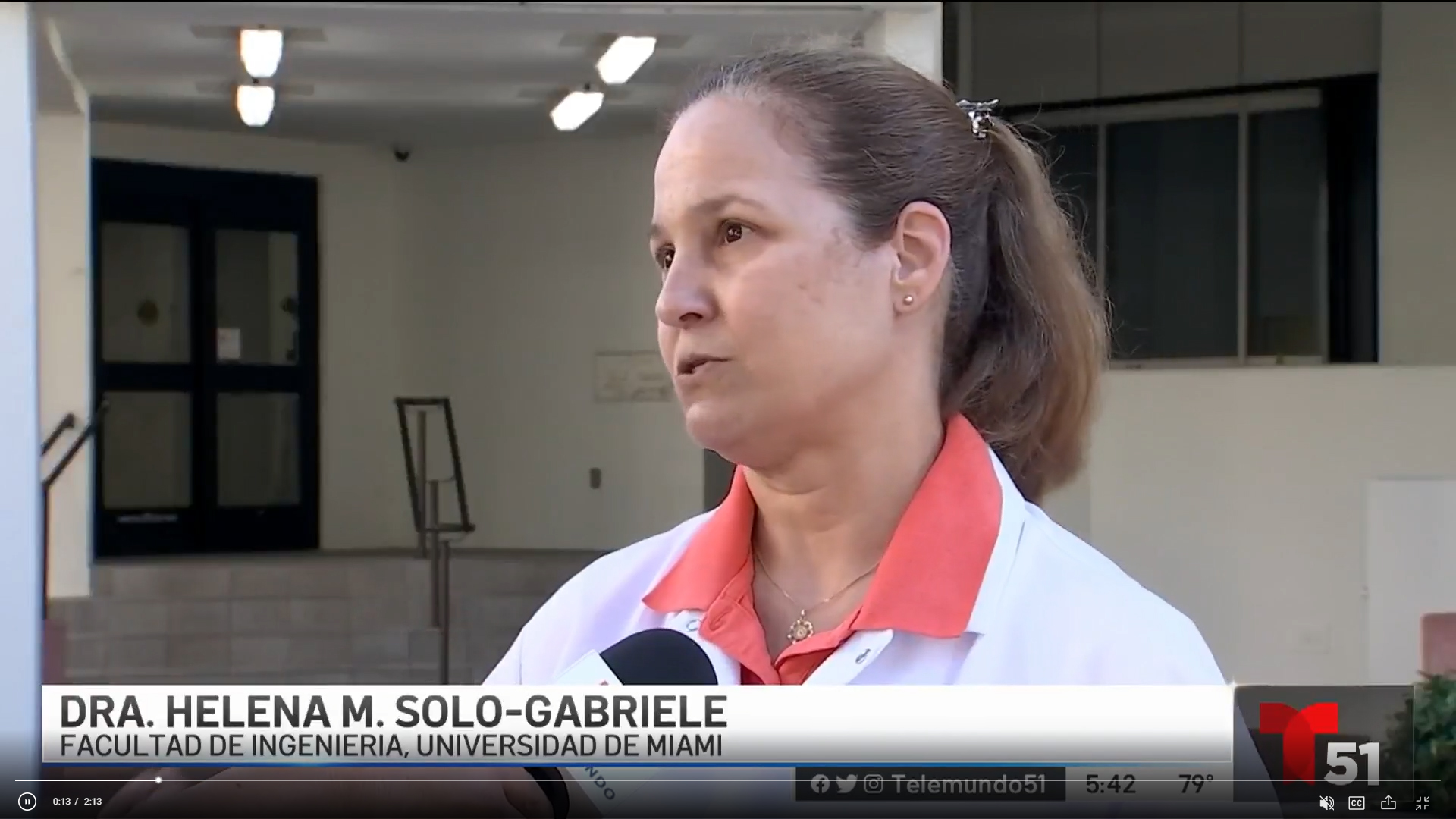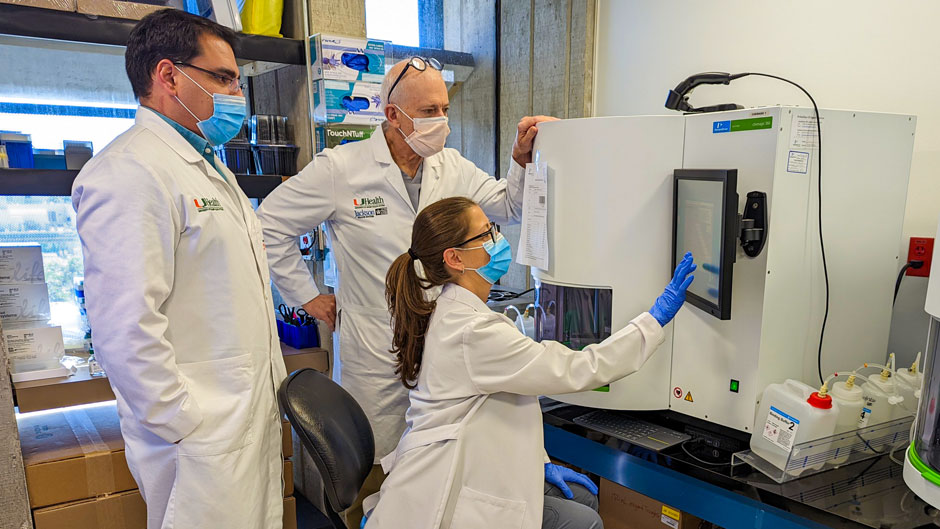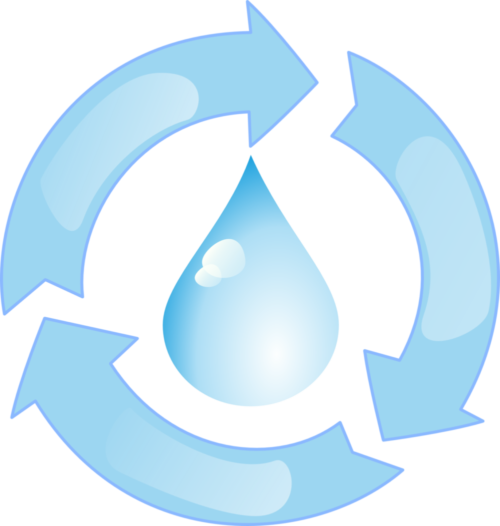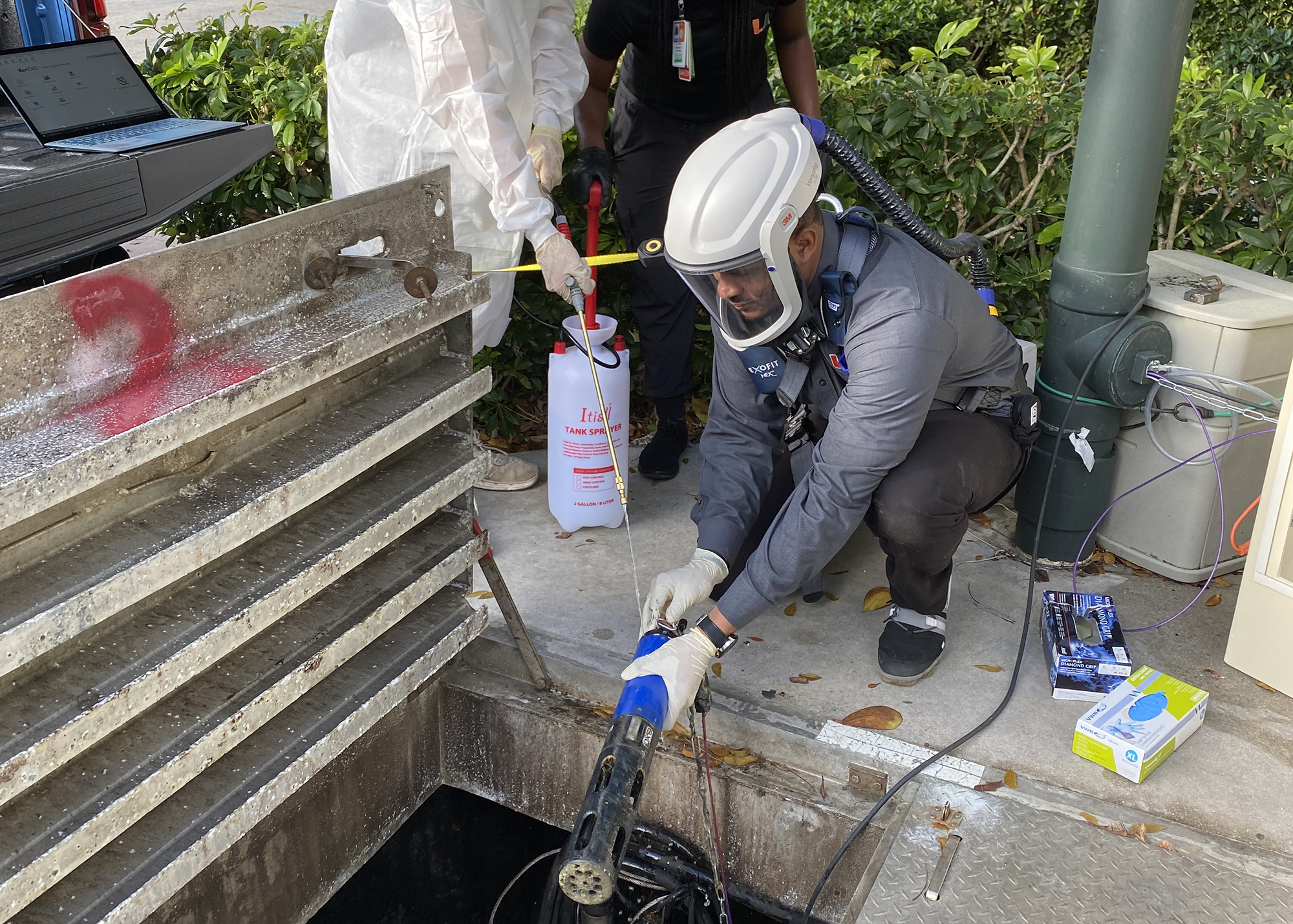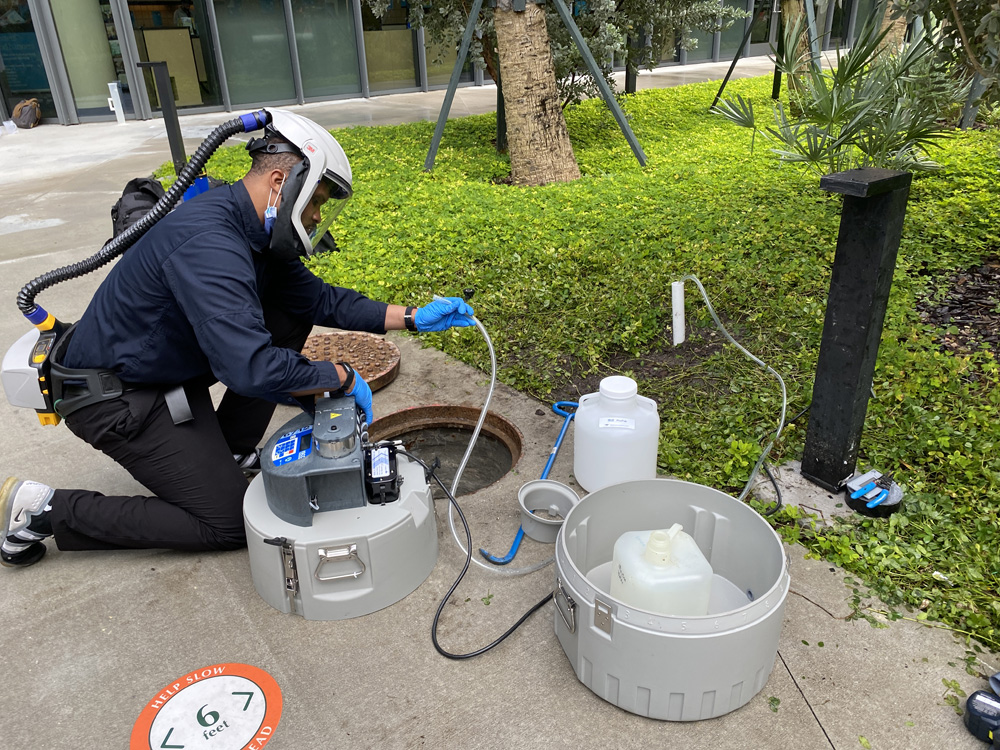After long, tedious months of monitoring the spread of COVID-19, the best answers may come in our sewage. Researchers say sewage monitoring could become the primary tool Florida uses to gauge whether COVID-19 vaccines are working and the pandemic is under control — or whether vaccine-resistant variants are emerging and a booster is needed.
This is especially true as fewer people get tested for the coronavirus and state-run testing sites in Florida close by the end of May. Counties like Miami-Dade and Broward now test wastewater weekly, pulling samples from multiple locations and running them through the same processing method as a nasal swab to figure out COVID levels in the community. Palm Beach County does not use this method of monitoring COVID levels.
In June, Miami-Dade will become part of a national wastewater surveillance effort by theU.S. Department of Health & Human Services to detect COVID levels in 50 states.“There will come a day when the traditional testing won’t be there . . .
Read the full story by Cindy Krischer Goodman at the South Florida Sun Sentinel.

PHOTO: Dr. Jason Wilson, Associate Medical Director at TGH Emergency Department in “NIH Director: U.S. Could Soon See 200K New COVID Cases a Day” | Cheddar News video, August 16, 2021


